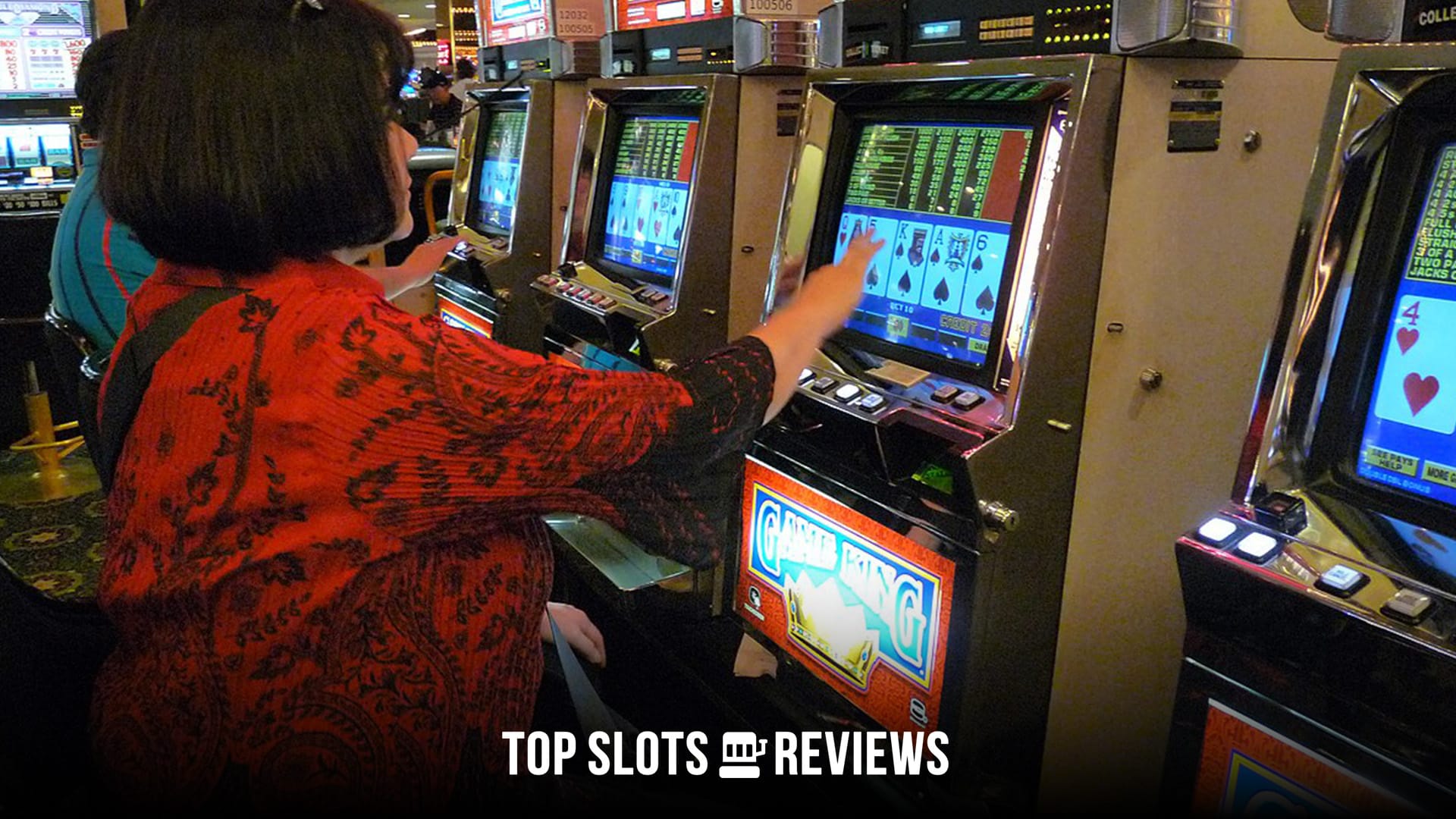Online slots are among the most popular games in online casinos, captivating players with their vibrant themes, engaging gameplay, and the chance to win big. But what lies behind the flashy graphics and enticing jackpots? Understanding the mechanics of online slots can help your casino optimize its offerings and provide players with an exceptional gaming experience. This article explores the core mechanics behind online slots and highlights what to look for in casino slot machine software and the best slots software providers.
Table of Contents
1. Random Number Generators (RNGs)
1.1 Randomness
1.2 Frequency of Generation
1.3 Certification
2. Reels and Paylines
2.1 Reels
2.2 Paylines
3. Symbols and Payouts
3.1 Standard Symbols
3.2 Wild Symbols
3.3 Scatter Symbols
3.4 Bonus Symbols
4. Return to Player (RTP) and Volatility
4.1 Return to Player (RTP)
4.2 Volatility
5. Bonus Features and Mini-Games
5.1 Free Spins
5.2 Bonus Rounds
5.3 Jackpots
6. Integration and User Experience
6.1 Software Integration
6.2 Mobile Optimization
7. Conclusion

1. Random Number Generators (RNGs)
At the heart of online slots is the Random Number Generator (RNG), a crucial component of the software that ensures fairness and unpredictability in gameplay. The RNG generates random sequences of numbers at a high speed, which correspond to the symbols on the reels. Here’s how RNGs work:
- Randomness: The RNG produces a continuous stream of random numbers, ensuring that each spin is independent of previous ones. This randomness is essential for fair play and ensuring that outcomes are not predictable or influenced by external factors.
- Frequency of Generation: RNGs operate thousands of times per second, even when the game is not actively being played. This constant generation ensures that when a player spins the reels, the outcome is truly random.
- Certification: Reputable online casinos use RNGs certified by independent testing agencies to ensure their games meet industry standards for fairness and randomness.
2. Reels and Paylines
Online slots typically feature a grid of reels (vertical columns) and paylines (lines that determine winning combinations). Here’s a closer look:
- Reels: Most online slots have three to five reels, though some may have more. Each reel is filled with various symbols, and when the reels spin, the symbols land in random positions determined by the RNG.
- Paylines: Paylines are the lines across the reels where matching symbols must appear to form a winning combination. Traditional slots often have a fixed number of paylines, while modern video slots can feature hundreds of paylines or even ways-to-win systems, where symbols can form winning combinations across multiple directions.
3. Symbols and Payouts
Symbols are the images that appear on the reels, and they play a crucial role in determining the outcomes of spins:
- Standard Symbols: These symbols typically include numbers, letters, or themed icons. Matching these symbols along a payline can lead to various payouts, with different symbols having different values.
- Wild Symbols: Wild symbols are essentially wildcards. These symbols can substitute for any other symbols except special symbols. In a combination where every other symbol is matching, a wild symbol will be counted as the same type as those symbols, which helps to create winning combinations. They are also usually attached to additional features like multipliers.
- Scatter Symbols: Scatter symbols trigger special features or bonus rounds when they appear in specific numbers on the reels, regardless of their position.
- Bonus Symbols: These symbols initiate bonus games or free spins when a certain number of them appear on the reels.

4. Return to Player (RTP) and Volatility
Two key metrics in casino slot machine software are Return to Player (RTP) and volatility, which affect how players experience the game. The following criteria are important to consider when selecting for the best slots software providers:
- Return to Player (RTP): The RTP is the how much money players will get back from a slot game, depending on the percentage as well as their initial bet. For example, a slot with an RTP of 95% is expected to return $95 for every $100 wagered. While RTP gives an idea of the long-term payout, individual sessions can vary significantly.
- Volatility: Volatility, or variance, describes the risk level of a slot. Slots with high-volatility can give much bigger payouts but less frequently. Low-volatility slots will pay out more often, but in smaller amounts. Understanding a slot’s volatility helps players choose games that match their risk tolerance and playing style.
5. Bonus Features and Mini-Games
Bonus features and mini-games add layers of excitement to casino slot machine software:
- Free Spins: Free spins are awarded when specific symbols appear, allowing players to spin the reels without placing additional bets. There are usually special mechanics or multipliers that only apply during free spins.
- Bonus Rounds: Bonus rounds usually offer interactive mini-games. These mini-games can pay out with additional rewards or improve a player’s odds in the base game. Players need to hit specific symbols or combinations to trigger these rounds.
- Jackpots: Progressive jackpots accumulate over time as players contribute to a common prize pool. Winning a progressive jackpot usually requires hitting a specific combination or entering a special bonus game.

6. Integration and User Experience
The quality of online slots also depends on how well they are integrated into the casino’s platform and the overall user experience:
- Software Integration: Casino slot machine software needs to integrate seamlessly with your casino’s own software, including payment systems, player accounts, and promotional tools. The best slots software providers ensure smooth integration and consistent performance.
- Mobile Optimization: With the rise of mobile gaming, ensuring that slot games are optimized for mobile devices is essential. Mobile-friendly slots should offer the same functionality and user experience as desktop versions, with responsive design and touch-screen controls.
Conclusion
The mechanics behind online slots are complex, involving RNGs, reels, paylines, symbols, RTP, and various bonus features. Understanding these elements helps casino operators optimize their offerings and enhance player satisfaction. By selecting the best casino slot machine software and partnering with the best slots software providers like Nautilus Games, casinos can deliver an engaging and enjoyable gaming experience that keeps players coming back for more. Investing in high-quality software and focusing on game design, fairness, and player experience are key to succeeding in the competitive world of online slots.
